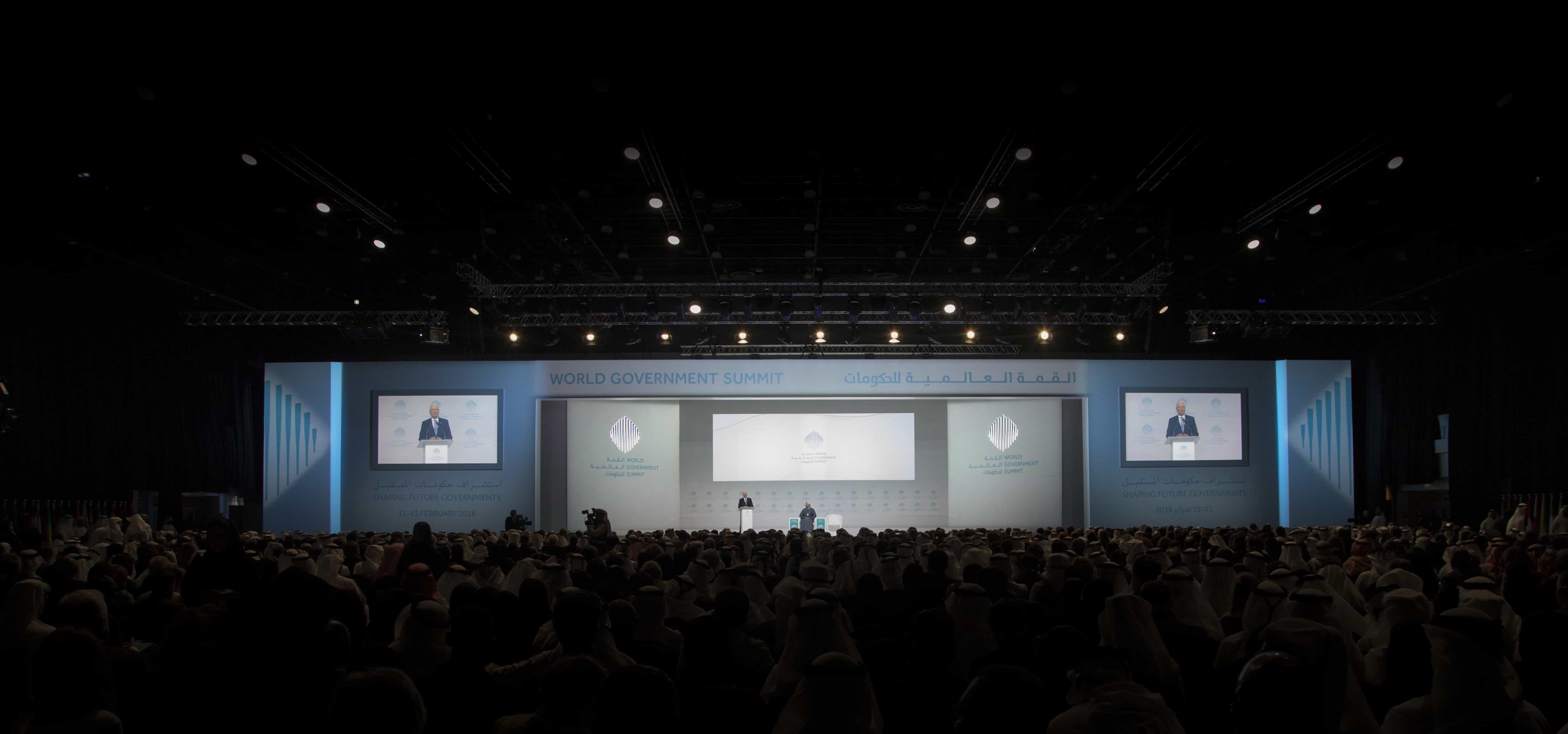
Jeffrey D. Sachs is a world-renowned professor of economics, leader in sustainable development, senior UN advisor, bestselling author, and syndicated columnist whose monthly newspaper columns appear in more than 100 countries. He is the co-recipient of the 2015 Blue Planet Prize, the leading global prize for environmental leadership. He has twice been named among Time Magazine’s 100 most influential world leaders. He was called by the New York Times, “probably the most important economist in the world,” and by Time Magazine “the world’s best known economist.” A recent survey by The Economist Magazine ranked Professor Sachs as among the world’s three most influential living economists of the past decade.
Professor Sachs served as the Director of the Earth Institute from 2002 to 2016. He was appointed University Professor at Columbia University in 2016, and also serves as Quetelet Professor of Sustainable Development, and Professor of Health Policy and Management at Columbia University. He is Special Advisor to United Nations Secretary-General Ban Ki-moon on the Sustainable Development Goals, and previously advised both UN Secretary-General Ban Ki-moon and UN Secretary-General Kofi Annan on the Millennium Development Goals. He is a Distinguished Fellow of the International Institute of Applied Systems Analysis in Laxenburg, Austria. Sachs is Director of both the Center for Sustainable Development, and the UN Sustainable Development Solutions Network under the auspices of UN Secretary-General Ban Ki-moon.
Prior to his arrival at Columbia University, Sachs spent over twenty years as a professor at Harvard University, most recently as the Galen L. Stone Professor of International Trade. A native of Detroit, Michigan, Sachs received his B.A., M.A., and Ph.D. degrees from Harvard.
Sessions
Why is it vital to usher in a new, possibly better model for measuring prosperity beyond GDP?
What is happiness on a state level? Can it be measured?
What are the links between personal happiness and societal wellbeing?
What are the common factors between the world’s happiest countries? Is their an evident trend?
What are the challenges facing governments in achieving public happiness?
What is the future of happiness? How can governments be proactive in facilitating this future?